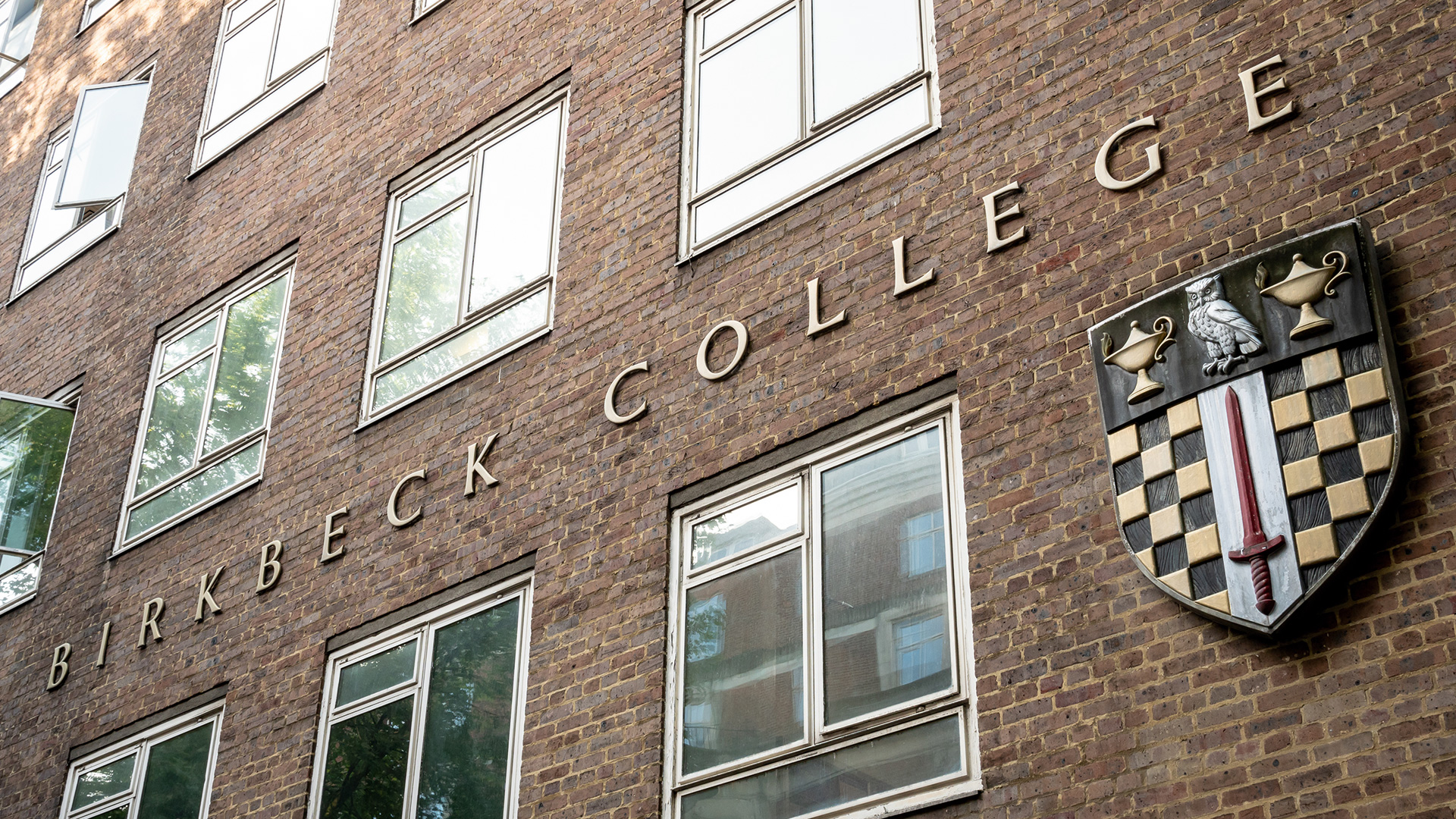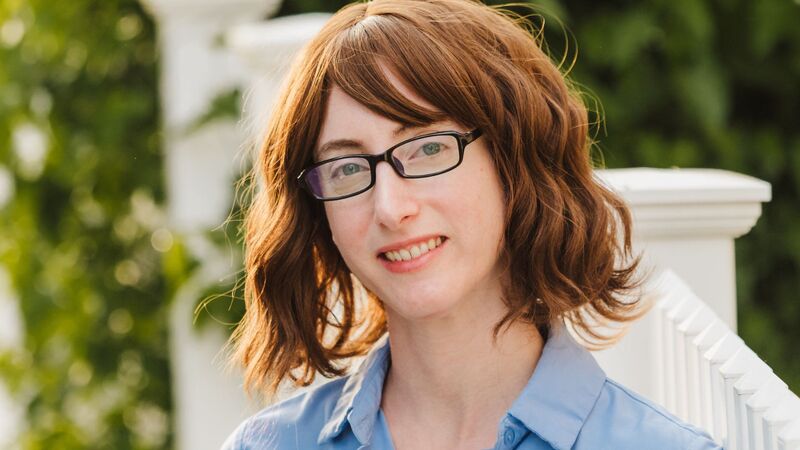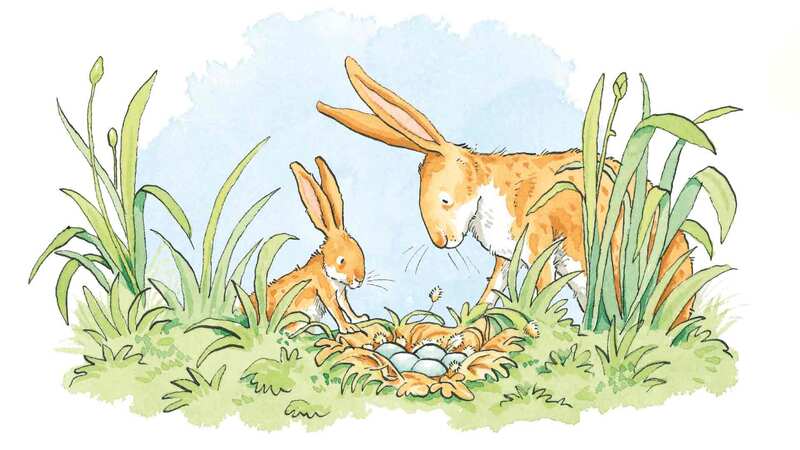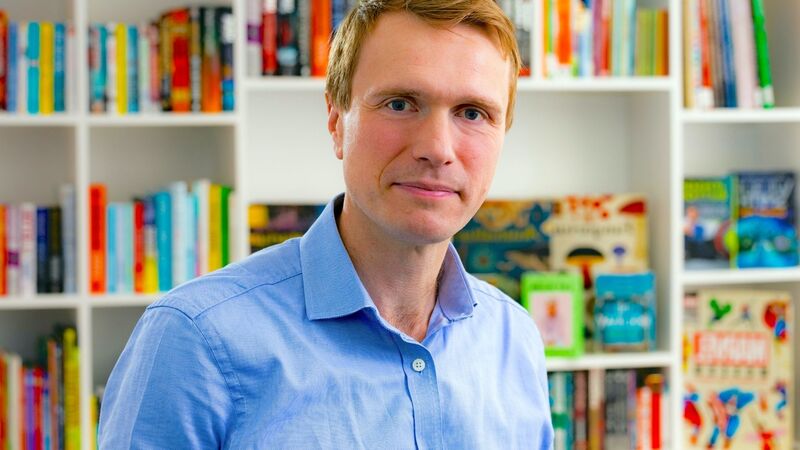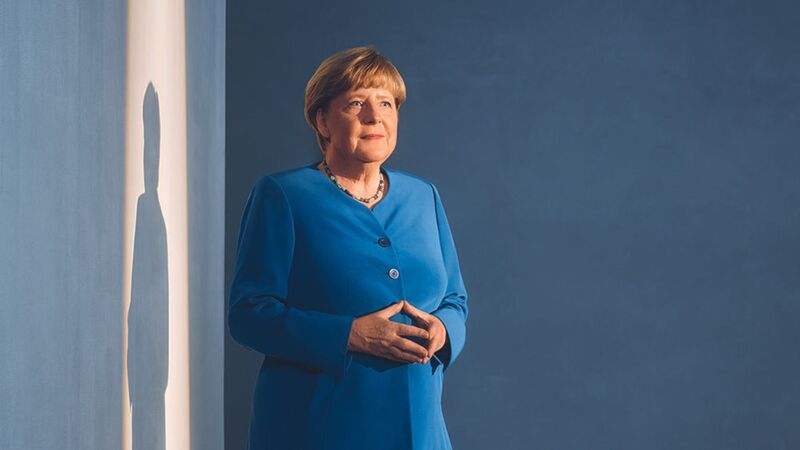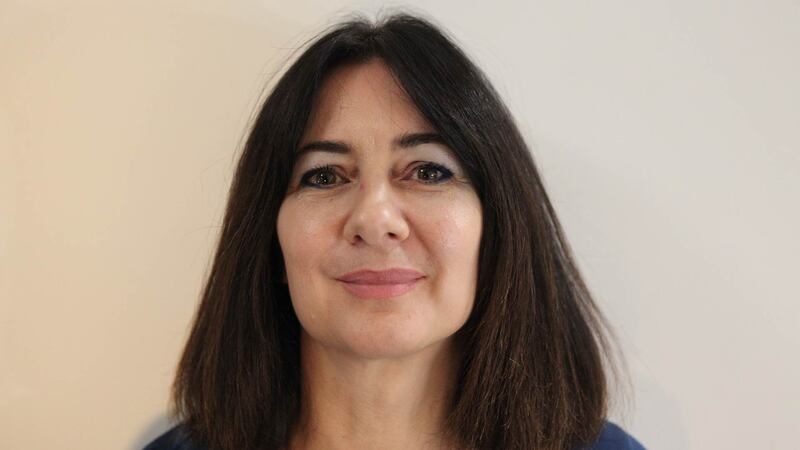You are viewing your 1 free article this month. Login to read more articles.
A national disgrace
The study of literature empowers, enriches and liberates. We stop valuing it at our peril.
I am dismayed, sad and confounded. And I am angry. This week, it was announced that Birkbeck, University of London, is currently consulting on plans which could lead to the loss of up to 140 posts from among its academic staff. This is a disaster, not just for the staff already enduring the cost-of-living crisis, but also for Birkbeck’s students, and the ongoing reputation and perception of the academy itself. The repercussions of these actions will be felt for years to come to the detriment of many. As a new PhD student in the department of Arts and Humanities, the prospect of losing up to 11 members of the English department - which was the number reported in the original UCU press release, although not yet substantiated by Birkbeck - is both insane and heart-breaking. If this happens, it would decimate the department, effectively reducing it by half. A decision that came even close to this number would be even more illogical considering Birkbeck was ranked 2nd in the UK for its English language and literature research in the 2021 Research Excellence Framework. What is happening at Birkbeck continues what is already a worrying trend in many Arts and Humanities departments across UK universities.
I grew up in a single-parent family in north London. I left school at 16 with just two mid-grade O-Levels in English Literature and History. The prospect of further education was out of reach for me, both from a financial perspective and because I didn’t deem myself as bright enough. But reading was a passion so working for my local W H Smith seemed a logical career choice. For the next 10 years I learnt both the craft and the joys of bookselling across successively larger branches of the business. In the late 1990s, I was offered a role in the newly created W HSmith Travel division of the company and thereafter became their fiction buyer, responsible for selecting and promoting all works of fiction across the entire estate’s airport and rail locations. I loved my 32-year tenure with W H Smith, and I am proud of the work that I did there.
Studying literature is not just about reading from Beowulf to Brontë and beyond. It is about learning how society and social structures work, how cultures are created. It is about reading through the truth and reading through the lies
However, I always felt something was missing. I understood literature from a commercial perspective, and I took immense joy in watching books that I personally loved rise up the bestseller lists. But, despite still being an avid reader, I didn’t truly "get" literature and I instinctively knew that there was something far more valuable to found within the pages of the novels that I was reading than just the words on the page. So, at 47, and not without some trepidation, I quit my job and began a Joint Honours BA in English Literature and Creative Writing at Birkbeck, University of London. I chose to study at Birkbeck because of its long history of supporting students of all ages; for its flexible teaching schedule, and its reputation for diversity and inclusion. Without doubt, it is the best decision I ever made. Not only did I learn, but I also became part of an incredible community of fellow students, seminar leaders, lecturers and professors.
Inspired by my BA experience at Birkbeck, I decided to continue in academia and took a MLitt in English Literature. However, I had relocated to Scotland, so I studied at a fine red-brick there and, although my experience was enjoyable, I did not find quite the same creativity, diversity, warmth and excitement that I had benefitted from and enjoyed at Birkbeck. When the next stage of academic life beckoned – studying for a PhD – I knew that there was only one place that would suit my research needs: Birkbeck. Despite still living in Scotland, I have chosen to return to Birkbeck because of the overwhelmingly positive experience I had as an undergraduate. And I haven’t returned to be back in London, or for the wider UoL campus or even for the opportunity to study again at my beloved Senate House library. I have returned for the staff – for the brilliance and openness of their minds, for the dedication and passion they deliver to their students, for the inspiration and warmth they bring — day in, day out — under already gruelling pressures.
Studying literature is not just about reading from Beowulf to Brontë and beyond. It is about learning how society and social structures work, how cultures are created. It is about reading through the truth and reading through the lies. It’s where ideas flourish and where independent thought is enshrined. Literature is a liberating cultural exchange that collapses the boundaries of class, race and gender and has the ability to cross all academic disciplines. English departments across all universities in the UK are the vanguard of free discourse, the innovators of unpacking and understanding narratives, old and new. Suppress the teaching of literature at your peril, for nothing measures the mood of a nation better than the books we are taught, read and consume.
Birkbeck was founded in 1823 with its aspiration to educate the working-class people of London. It has delivered brilliantly on that ever since, not only through its impeccable teaching and inclusive culture but through its ability to give real hope to those who, like myself, may have thought further education was beyond them. Birkbeck’s vice-chancellor, David Latchman, states that he is an "advocate of life-long learning", but students like me cannot learn without the teachers and the administrative staff who support them.
Birkbeck truly changed my life. It allowed me to learn but also to give back in unexpected ways. I want other people to have that opportunity too. Next year should be the year of celebrating Birkbeck’s 200-year-old dedication to academic excellence and education, not dismantling it.






